
In Conversation with Erich Falkensteiner, Falkensteiner Hotels & Residences- Part 4

What makes hotels successful in the long term? In the fourth part of the interview, Erich Falkensteiner discusses key success factors, the role of innovations, and the future of digital hotel marketing.
<div class="article_quote is-img">
<img
src="https://cdn.prod.website-files.com/673f1b4d7fc04861927e7983/67bde67f7b339e960798a4bf_800x800px%20-%20Im%20Gespra%CC%88ch%20mit%20Erich%20Falkensteiner%2C%20Falkensteiner%20Hotels%20%26%20Residences-%20Teil%202%20(1).jpg" loading="lazy" alt=""
class="article_quote_img">
<div class="article_quote_contain is-img">
<div class="article_quote_quote">
"I don't invest in an idea, I invest in people." </div>
<div class="article_quote_name u-text-style-main">
Erich Falkensteiner
</div>
</div>
</div>
Investing in the Future of Hospitality
The previous and third part of the series of talks with Erich Falkensteiner concluded with the entrepreneur's motives for founding Falkensteiner Ventures. Falkensteiner then answered ADDITIVE's detailed questions about the Falkensteiner Ventures innovation center and a selection of other projects and business areas. The successful entrepreneur, who is co-owner of more than 30 hotels, thus serves as a source of inspiration for innovations in tourism.
<h3 class="interview-question">With Falkensteiner Ventures AG, you have made it your mission to drive the digital transformation in the hotel, travel and leisure industry and to promote innovative business ideas. Was and is it a good idea to invest in young entrepreneurs?</h3>
I don't invest in ideas, I invest in people. There are hundreds of ideas... We invest a lot in digitalization in hotels and camping. The selection process at Falkensteiner Ventures has several stages. At the very end, we take our investors on a mountain hike with young people. We've never invested in someone exclusively via video conference. This last step, a day on the mountain with a final glass of wine, says so much more about the people.
<div class="article_quote"><div class="article_quote_contain"><div class="article_quote_quote">"Falling down is not bad, what is crucial is to get up again."</div><div class="article_quote_name u-text-style-main">Erich Falkensteiner</div></div></div>
<h3 class="interview-question">What are the most important things you emphasize to young founders?</h3>
These 4 themes are crucial:
1. Falling down is not bad, what is crucial is to get up again. I've fallen on my face myself, but you have to have what it takes to keep going. Especially as a start-up, there will come a day when things don't go as planned.
2. communication among each other, you have to talk about mistakes in the team.
3. honesty - the founders have to admit mistakes to us investors.
4. the right components of investors behind it: the worst are those who only criticize - you have to not only put your finger in the wound when things are going badly, but also support them with advice and action.
<h3 class="interview-question">Of the 800+ startups you've looked at, which ones are successful or showcases?</h3>
Of the 800+ startups in the last 15 months, we have specifically invested in 17. Investments continued even during the COVID 19 pandemic, with no companies closed or put on hold.The revenue management system Rateboard is certainly the best example so far: the founders had the foresight to solve a problem in the market that did not exist before and sold their company at the right time - that is absolutely crucial. I was more of a door opener. Over the next 12 months, I see great potential in three or four more start-ups.
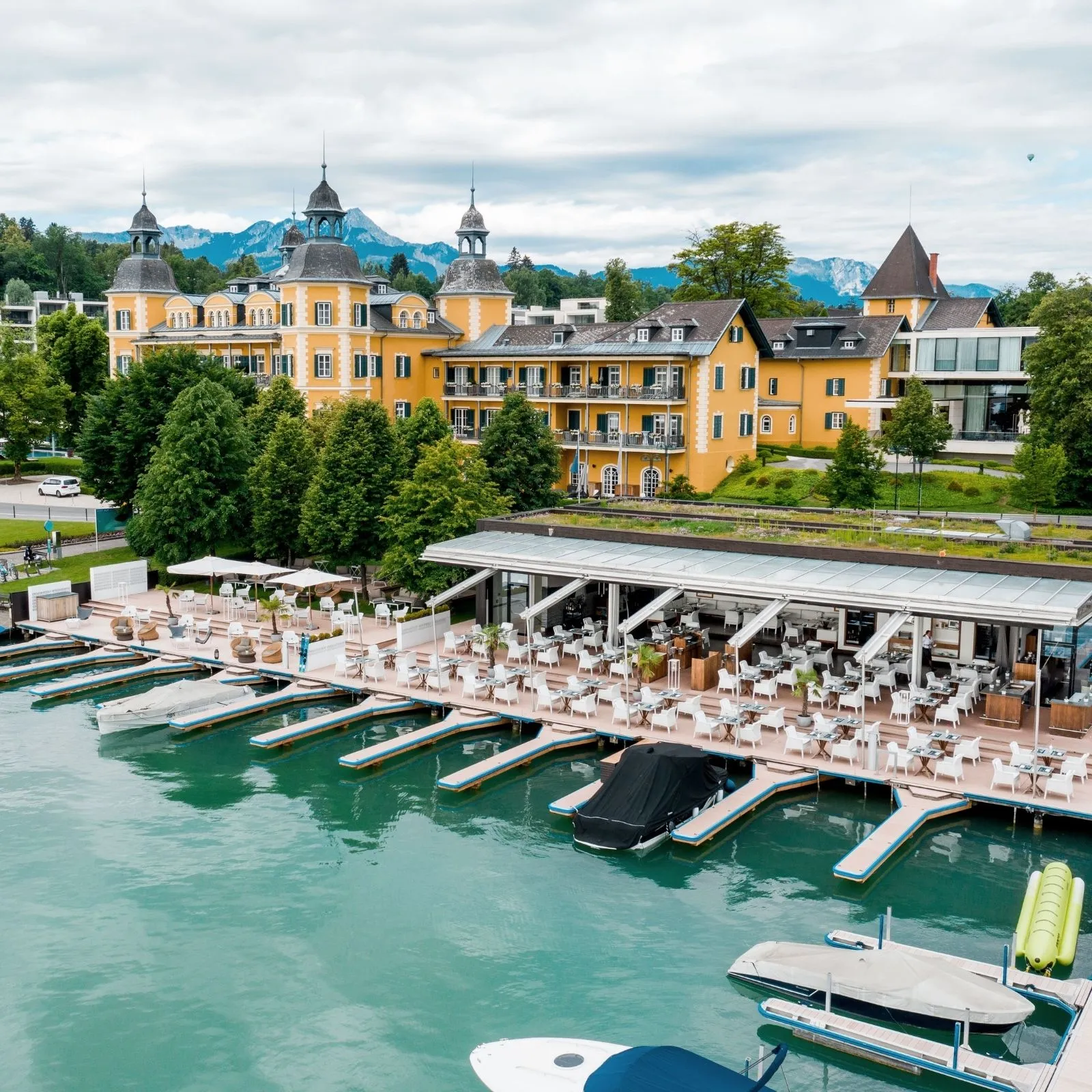


.webp)
Falkensteiners visionäre Projekte
<h3 class="interview-question">Can you give us a glimpse into the areas of tourism and hospitality where these new projects have potential?</h3>
On the one hand, I am completely convinced by a Visio merchandise management project in the hospitality industry: There will be no way around digitalization; the chain is simply too complicated at the moment. You can't imagine working with handwritten slips of paper in this day and age.
The second project I would like to mention is a simple controlling tool. Currently, 80% of hoteliers go to their accountant once a month to find out what they earned last month and what they have to pay in taxes. Looking to the future, this is simply not enough. Every hotelier needs to be able to look at their cell phone and see what their occupancy is now, what it will be for the next 60 days, what their labor costs are now and in the near future, what their marketing costs are, what their ROI (return on investment) is, and what their distribution costs are.
<h3 class="interview-question">Let's talk about the Falkensteiner Spirit Club, your loyalty program. How has it been received? Does it make Falkensteiner guests more loyal?</h3>
I am absolutely convinced of that. And the numbers in our crowdinvesting project also speak for themselves, about 80% of the crowdinvestors are Spirit Club members.
<div class="article_quote"><div class="article_quote_contain"><div class="article_quote_quote">"Crowdinvesting is really a customer loyalty program, there are several customers who have even invested several times. You don't have to worry about the talk around it."</div><div class="article_quote_name u-text-style-main">Erich Falkensteiner</div></div></div>
<h3 class="interview-question">This crowdfunding campaign, away from the usual hotel marketing, has attracted attention in the tourism industry. If crowdinvesting works so well, why do only two out of 100 hoteliers start such a project?</h3>
There are two hurdles to overcome: The first, psychological, was a thorn in my side at first. My logic told me, what will the guest think of us if we suddenly start collecting money? I thought to myself, the guest will immediately associate this with financial problems and ask himself, "What is going on at Falkensteiner Hotels? Are they in trouble? And as a hotelier, that is the first hurdle you have to overcome.
The second hurdle is of a more physical nature: the Spirit Club customer does not book one hotel, but 30. The key is variety: the customer can go to Croatia today, Sardinia tomorrow and Carinthia the day after. I am sure that no customer would invest in staying at the same hotel in the same place every time. That's probably why you can only do a project like this as a group. Most individual hotel businesses have failed because of this. Crowdinvesting is really a customer loyalty program, there are several customers who have even invested several times. You don't have to worry about the talk around it.
<h3 class="interview-question">Is there a project, a line of business, or better yet, an entrepreneurial dream that you still want to fulfill?</h3>
To be honest, no. I'm 60 years old now, I don't want to start anything new outside the tourism industry. Of course, there are individual investments in other industries. But why should I invest in medical technology, which, as a farmer's son and innkeeper, I know absolutely nothing about and don't care about? That's where I profess my conservative credo of "cobbler, stick to your last" and focus on innovation in tourism. Hotel operations, hotel development, hotel consulting, purchasing, tourism, ventures, glamping, camping - I think you can work with that. And there's still potential for development everywhere - I'm looking forward to that.
Review of the series of talks with Erich Falkensteiner:
Part 1: The entrepreneur's career and the company's history.
Part 2: The challenges of the COVID-19 pandemic
Part 3: Online marketing and digitalization in the holiday hotel industry
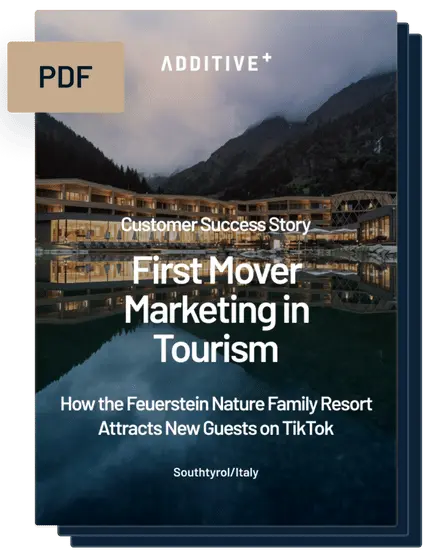






.jpg)

.jpg)
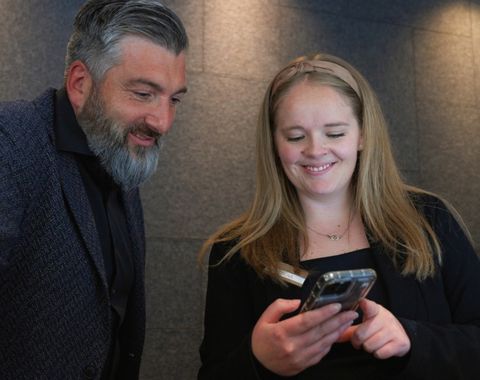
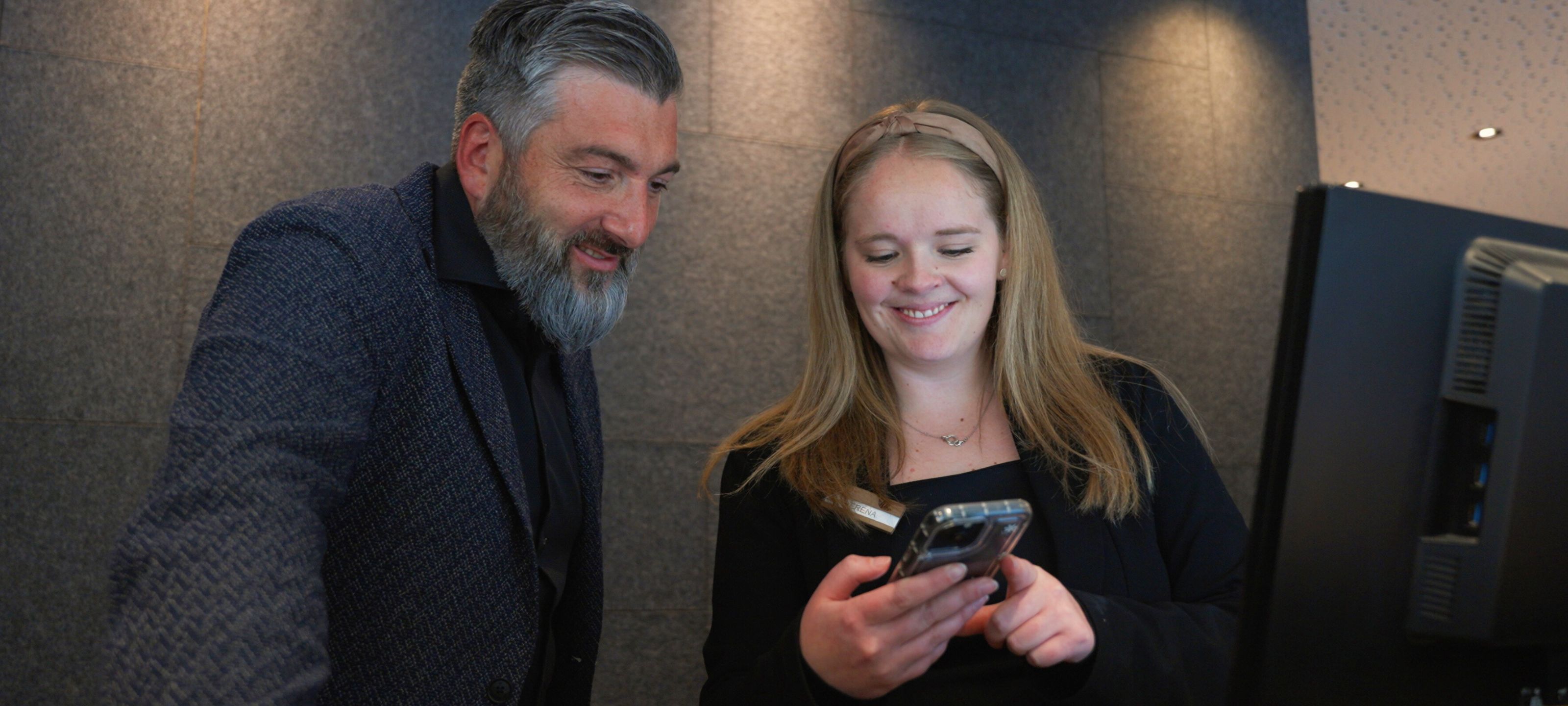
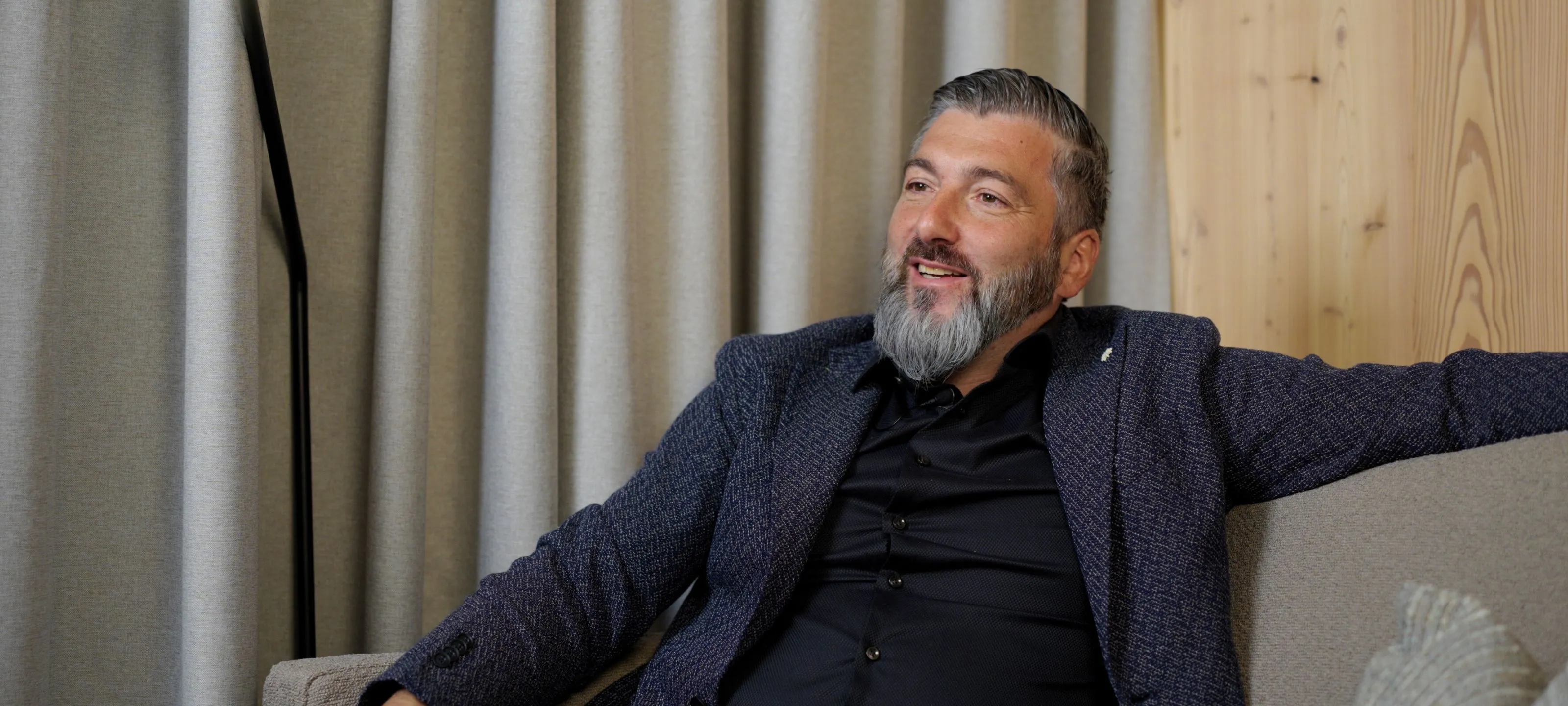
.webp)
